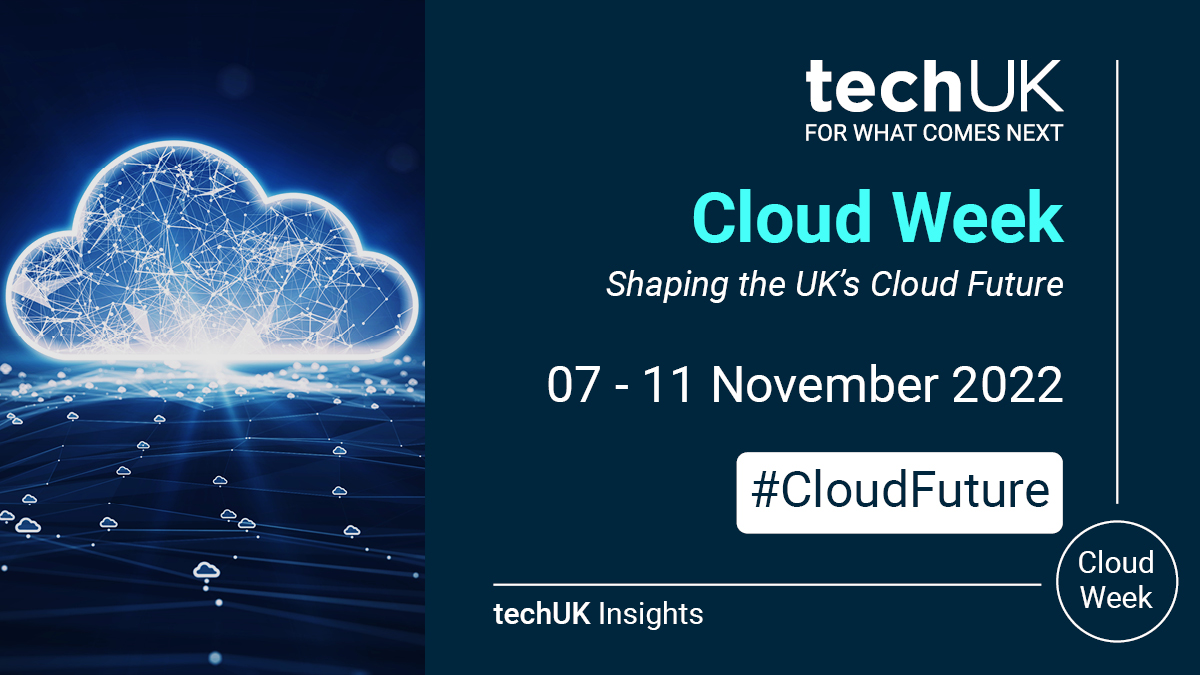Why delivering Windows 11 from the Cloud is the most sustainable way to consume it (Guest blog from IGEL)

Author: Ben Ward, Principal Presales Engineer UKI, IGEL
Everyone is looking at moving to Windows 11
Windows 11 is the most recent version of Microsoft's operating system, and it is available as a cloud-based service. This means that users can access their applications and files from any endpoint device with an internet connection.
This cloud-based delivery model also reduces the need for powerful endpoint hardware, as most processing is done remotely. This makes Windows 11 more sustainable than previous versions, as it requires less energy to run.
It also means that updates can be delivered automatically and seamlessly, without users having to take any action. This makes Windows 11 a very efficient way of consuming desktop software.
Running Windows 11 locally is not the most sustainable way of running Windows
Windows 11 can be delivered from the Cloud, eliminating the need to install it locally on each desktop PC. This means that there is no need for updates or patches to be downloaded and installed locally, reducing emissions significantly.
Running Windows 11 locally on desktop PCs requires more resources than delivering it from the Cloud, so it is not as efficient or sustainable in terms of resource use.
In summary, delivering Windows 11 from the Cloud is a more sustainable way of consuming Windows, due to reduced emissions and resource use.
Why manufacturing accounts for up to 83% of a device's carbon footprint.
Delivering Windows 11 from the Cloud is a more sustainable way of consuming Windows because it means that endpoint devices can be used for much longer. This can reduce endpoint device CO2 emissions by up to 83%; as this is the typical percentage of emissions used to manufacture the endpoint, the remaining 17% is power consumption over it’s lifetime.
How using devices for longer helps to avoid the manufacturing emissions from these devices.
Manufacturing emissions are a big issue when it comes to using resources, this is especially true for devices such as desktop PCs. By delivering Windows 11 through the cloud, users can avoid having to install or update software on their devices manually. This can help to reduce energy consumption, administrative burden and save money long term. Additionally, by keeping Windows in the cloud, organizations can ensure that their users have access to the latest version without any hassle or downtime.
When we use something for only a short amount of time, it often ends up being thrown away or recycled in some way. By using devices for an extended period of time, we are able to reduce our overall waste output significantly. In addition, this approach also conserves resources like electricity and materials that would otherwise be used in creating new hardware products.
VMware Horizon, AVD and Citrix - three great solutions for delivering Windows 11
Cloud-based Windows 11 delivery is more sustainable than traditional on-premises deployments. Not only does it reduce environmental impact, but also administrative overhead and hardware requirements.
Windows that is kept up-to-date will generally result in an improved security posture since outdated versions may contain known vulnerabilities, which could be exploited by malicious actors. Furthermore by maintaining the Windows state continuously between sessions (whether online or offline), administrators have more control over how data is stored (and backed up) while mitigating potential cyberattacks.
Delivering Windows as a service can help ensure that users always have access to the latest version without having wait through a lengthy upgrade process.
VMware Horizon, Microsoft AVD and Citrix are three great solutions for delivering Windows 11 from the cloud. They all have features that make it ideal for organizations of all sizes and types.
Ultimately the best solution for your organization will depend on your specific needs and requirements.
Accessing Windows 11 in the Cloud with IGEL OS
In order to provide access to Windows 11 in the Cloud in a sustainable way, organisations can repurpose their existing endpoint devices – whether desktop PCs, laptops or thin clients – with IGEL OS.
IGEL OS is an endpoint operating system designed specifically to connect to cloud-based desktops, virtual desktops and SaaS applications. It incorporates Citrix, VMWare Horizon and Microsoft AVD native clients to deliver a full Windows 11 desktop experience including typical office applications, Unified Communications – audio and video conference calls, high performance workloads such as CAD / medical imaging / video editing. Also providing full support for essential peripherals e.g. audio headsets, webcams, multiple monitors, smartcard readers, dictation devices and others.
In conclusion, IGEL OS can give you access to Windows 11 in the Cloud, extend the lifetime of your endpoint device therefore reducing capital cost for new endpoints, and provide the performance you expect from Windows 11.
How Cloud Transformation is Powering the Journey to Net-Zero
#CloudFuture guest blog from Vysiion
Cloud Week 2022
We bring you news, views and insights from the technology sector on what cloud computing can enable in the UK






